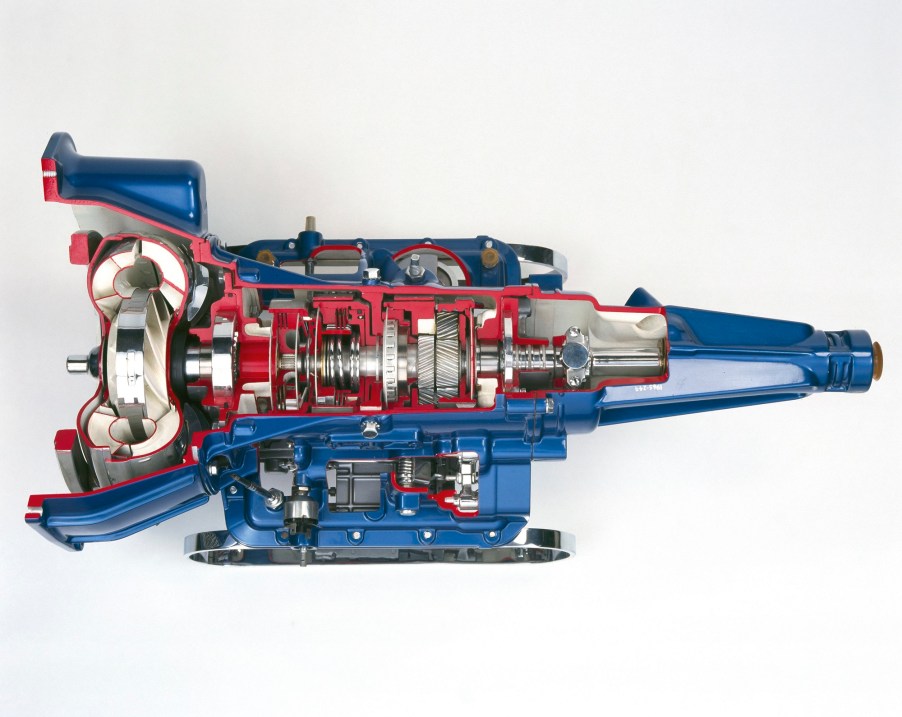
Car Buying: 3 Things To Consider Before Finding a Reliable Car
Article Highlights:
- Buying a vehicle with a reliable metal-construction timing chain requires less costly maintenance and has less potential for damage than a timing belt.
- Continuously variable transmissions (CVTs) are quiet, but they are subject to earlier wear and problems than manual and automatic transmissions.
- Choosing an electric vehicle (EV) over a gas-powered car might save you money in regular maintenance.
Shopping for a reliable car can be tricky. No consumer wants to buy a lemon that will leave them with crippling repair bills. However, if you think about a few criteria while car buying, you can maximize your chances of bagging a reliable ride. HowStuffWorks says that observing these three considerations can better prepare you for car shopping.
Which is better, a timing belt or a timing chain?

Timing chains are better than timing belts in terms of maintenance. First, since timing belts are a consumable part, they will fail over time. HowStuffWorks says that the average timing belt will typically wear out over the course of around 60,000 to 100,000 miles. Furthermore, replacing the belt could cost owners over $1,000. However, timing chains are made of metal and may last the entire lifetime of a powerplant.
Timing keeps internal engine components from making contact in gas-powered internal combustion engine-powered (ICE) cars. At the speed and intensity that pistons and valves operate, unnecessary contact could result in an engine actually destroying itself.
Should you buy a car with a CVT?

Buying a car with a manual or true automatic transmission might save you money over a CVT. A CVT operates with a belt and is subject to wear, not unlike timing belts. HowStuffWorks reports that CVTs require more frequent fluid changes than torque converter automatic transmissions, which consume automatic transmission fluid (ATF).
Furthermore, if you can manage, a manual transmission is a reliable technology. Manuals are often sturdy and may require only clutch replacement and regular maintenance for the vehicle’s lifetime.
Why buy a gas-powered car at all? Consider an electric vehicle
Electric vehicles present unique benefits over gas-powered cars. First, EVs operate with very little fluid, so they don’t require messy and regular fluid changes. Also, with fewer moving parts than ICE vehicles, EVs typically consume fewer parts.
However, HowStuffWorks quickly points out that the battery packs in EVs and hybrids are expensive to replace. A lot like a cell phone, lithium-ion batteries degrade over time. Consequently, the BBC says that swapping in a new battery could cost as much as $10,000.
Buying a car is always risky, but planning ahead can save you money
Everyone runs the risk of getting a lemon when they’re car shopping. However, you can find the right ride if you’re aware of things like opting for a true automatic transmission over a CVT. Scroll down to the following article to read about considerations before buying an EV.



